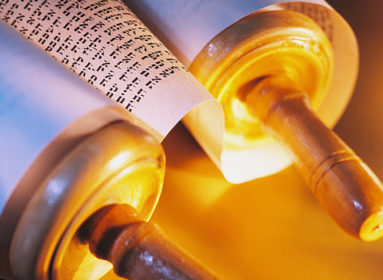[portfolio_slideshow]
Hadar Markus, who grew up in West Hartford and now lives in Israel, spent Passover in Ethiopia with two friends from Ben Gurion University of the Negev, where she is currently a student. Here is what Markus, whose parents, Eitan and Anat Markus, still live in West Hartford, had to say about her experience:
“Prior to our departure, we got in touch with an Israeli rabbi – Rav Valdman — who organizes the seder each year for the Falash Mura* and told him we wanted to volunteer, both with the organization and the seder in Ethiopia. He put us straight to work, giving us 12.3 kilograms of food ranging from matza meal to gefilte fish to bring with us for the seder – not an easy task for backpackers! We spent the seder in Gondar, which is where the Falasha (Ethiopian Jews) are located while awaiting their aliyah. They have an entire cultural center there where daily prayers are held and there are activities for the youth, and also a school where they teach the children and adults Judaism and Hebrew. Over all, approximately 3,000 Falasha participated in the seders. The largest seder was held in the cultural center and was attended by close to 2,000 people; another smaller seder – the one at which my friends and I volunteered — was held on the school grounds and was attended by about 700 participants.
“The evening began with Friday night services, held under a canopy of bamboo and stars. I sat next to a middle-aged Ethiopian woman, and it was truly moving to see her move her lips as she attempted to follow my lead and learn the Hebrew prayers. After the service, the rabbi explained the story of Passover to the families, and a local teacher translated everything that he said into Amharic. After the story, everyone sang ‘Ma Nishtana.’”
“Next came the food: meat that had been slaughtered less than 24 hours prior to the seder and rice. While the families ate, I walked around and attempted to relay things about Passover and Israel to them with my limited Amharic vocabulary — which mainly consisted of the words for “cool”, “thank you”, and “beautiful” — and practiced Hebrew with the children. I received a harsh reminder of the realities of the day-to-day lives of these people when several families took plastic bags out of their pockets and filled them with food from the seder for a later meal.
“After the seder was over, we walked back to where we were staying with an armed escort.
“As you can imagine, there is something very unique about experiencing a night dedicated to Jewish redemption in a place where it is so relevant and real (as the four cups say: ‘I will bring you out, I will deliver you, I will redeem you, I will take you to be my people…’) to the participants. I spent nearly 18 years celebrating Pesach in North America, and yet, until this year, I never heard people sing “beshana habaah beyerushalaim” and actually mean it wholeheartedly. The next Ethiopian aliyah is scheduled approximately one year from now, so you can imagine the excitement of the Falash Mura being able to sing the phrase with such conviction!”
*The Falash Mura are Ethiopians who have Jewish familial roots but lived as Christians for generations in order to escape persecution. But in recent decades, they asserted their Jewish ancestry and began to practice Judaism.







 Southern New England Jewish Ledger
Southern New England Jewish Ledger















